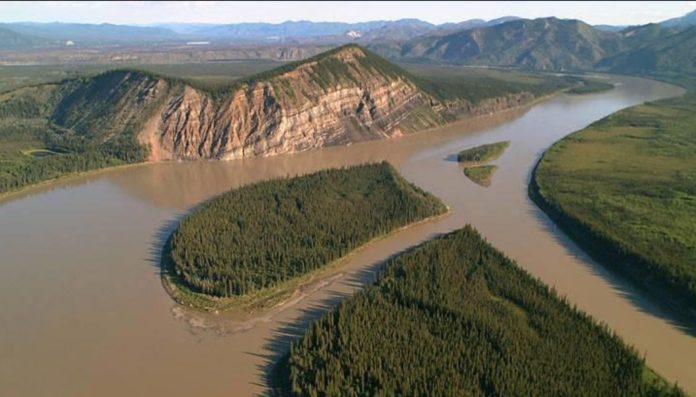Editor’s Note: This story, originally published 10/20/25, has been corrected to reflect the fact that H.J. Res. 106 passed both the House and the Senate. Its companion resolution, S.J. Res. 63, was not voted on. Additionally, both MRAK and the author of this story gladly join Begich, Sullivan, and Murkowski in celebration of this reversal, which will aid Alaskan industry. The reporting of opponents’ environmental concerns does not reflect MRAK’s opinion of the reversal but rather serves to highlight existing tensions.
The Biden administration issued the Central Yukon Resource Management Plan (CYRMP) Record of Decision (ROD) in November 2024. On President Trump’s first day in office, he signed an Executive Order directing the Secretary of the Interior to rescind CYRMP and reinstate a prior draft plan. The Alaskan Congressional Delegation joined forces to accomplish this directive. Sullivan and Murkowski wrote S.J. Res. 63 and Begich wrote H.J. Res 106. Begich’s joint resolution passed the House on Sept 3 and then passed the Senate by a vote of 50 to 46 on October 9. Begich, Sullivan, and Murkowski celebrate the joint resolution now heading to the President’s office.
S.J. Res 63/ H.J. Res 106 will “prevent BLM from implementing sweeping and permanent restrictions on access, development, and infrastructure across more than 13 million acres of public land in Alaska within the 56-million-acre planning area (a land mass nearly the size of Virginia, Maryland, and Pennsylvania combined).”
Proponents of the joint resolution presented four arguments for why overturning CYRMP is essential to Alaskan success: 1) CYRMP overly restricts land use and regulatory overreach undermines national interests; 2) the joint resolution will mitigate threats to U.S. energy and mineral security; 3) CYRMP contradicts federal law and policy, specifically the Federal Land Management and Policy Act (FLPMA) and the Alaska National Interest Land Conversation Act (ANILCA); and 4) the joint resolution upholds local sovereignty and implements stakeholder input.
Numerous Alaskan corporations, associations, and communities supported the join resolution, including Doyon, Limited, an Alaska Native Corporation and major landowner in the region; the Alaska North Slope Regional Trilateral—the Iñupiat Community of the Arctic Slope, the North Slope Borough, and Arctic Slope Regional Corporation; the Alaska Miners Association; Americans for Prosperity; American Energy Alliance; the National Federation of Independent Business; the American Exploration and Mining Association; Citizens for Responsible Energy Solutions; the Resource Development Council of Alaska; and the Trump administration.
While the passing of the joint resolution promises immense industry gains, some warn against its impact on our environment. Cooper Freeman, Alaska Director at the Center for Biological Diversity, states: “The Senate just plunged northern Alaska into chaos, ripping up a balanced land management plan that Alaskans spent years collaborating on.”
He further explains how CYRMP provided essential protections for Alaskan wildlife: The existing plan was vital for both the people in the region and the salmon, caribou and Dall sheep that will suffer if migration routes are cut off and habitat isn’t protected. Our Alaska delegation should stop selling out our communities and public lands to out-of-state corporations that just want to plunder our state for profit.”
The passing of S.J. Res 63/ H.J. Res 106 reflects the ongoing tension between industry-minded Alaskans and environment-focused Alaskans. Should Alaskans prioritize unlocking essential energy and mineral resources at the expense of the environment? Or should Alaskans seek legislation that protects wildlife even if such protections hamper national interests? The issue remains divisive.
